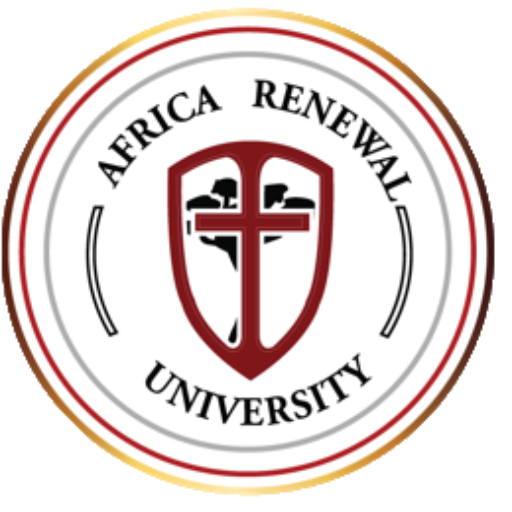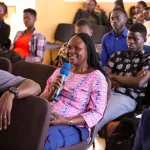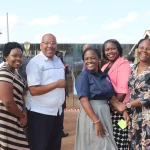Year 1
- Introduction to Psychology
- Computer Literacy I
- Spiritual Formation
- Research and Writing Skills
- Introduction to Social Work
- Microeconomics
- Old Testament Survey
- Computer Literacy II
- Ethics
- Macroeconomics
- Elements of Social Work Intervention
- Introduction to Social Policy and Welfare
- New Testament Survey
- Transformational Leadership
Year 2
- Management of Organisations
- Introduction to Counseling
- Social Service Delivery Systems
- Community-Based Rehabilitation
- Social Work with Children and Families
- Introduction to Sociology
- Comparative Worldviews
- Research Methods
- Social Work and National Development
- Social Psychology
- Administrative Law
- Human Growth, Behaviour, and Development
- Social Work Theory and Practice
- Internship I
Year 3
- NGOs and Development
- Christian Response to Contemporary Social Issues
- Human Resource Management
- Financial Management
- Logic and Critical Thinking
- Dissertation
- Human Rights
- Social Work with Refugees and Displaced Persons
- Decentralization and Local Government Administration
- Project Planning and Management
- Demography and Population Studies
- Internship II
Entry Requirements
Direct Entry
- Uganda Certificate of Education (UCE) with at least 5 passes
- Uganda Advanced Certificate of Education (UACE) with 2 principal passes (preferably in Literature, History, or Economics)
- Kenya 8-4-4 system: C+ or equivalent via Higher Education Certificate
Diploma Entry
- A relevant diploma (Upper Second or Credit) from an institution recognized by NCHE
Mature Age Entry
- A minimum score of 50% in the Mature Age Examination certified by a recognized center
International Applicants
- Completion of secondary education qualifying for university entry in your home country
- May require equivalency certification (UNEB or NCHE)
- Proof of English proficiency if prior education was not in English
Career Opportunities
Graduates of this program can work in diverse roles such as:
- Child Welfare Officer
- Social Worker
- Community Development Specialist
- NGO Program Coordinator
- Human Rights Advocate
- Youth and Family Counselor
- Government or Faith-Based Social Services Officer






